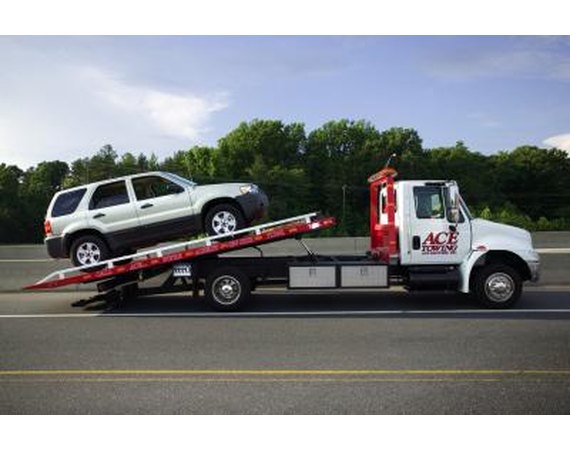
Millions of vehicles are sold in the U.S. every year through private sales, meaning that individuals sell their vehicles to another party without involving a dealer. In some cases, owners can get a higher price for their vehicle by selling it themselves, as opposed to trading in the vehicle for cash on the price of a new vehicle. For residents of Pennsylvania, selling a vehicle to another individual involves transferring the title to the new owner so that a new title can be issued and the vehicle legally registered with the Pennsylvania Department of Transportation.
Instructions
- 1
Sell the vehicle to another party. Generally, this involves advertising the vehicle for sale in a local publication or online. Agree on terms for the sale with the buyer.
2Prepare a bill of sale. The bill of sale certifies the date of the sale, the amount of the sale, the name and address of both parties and information about the vehicle, including the year, make, model and odometer reading. Many sellers choose to list the vehicle as being sold "as is," to avoid disputes about necessary repairs and the condition of the vehicle.
3Locate your vehicle title. It is a good idea to keep your title in a safe, easily accessible place, such as a fireproof box or filing cabinet, so you can easily locate it.
4Fill out the reverse side of the title with the buyer's name and address. You also will need to fill in exact mileage from the odometer.
5Sign the title in the presence of a notary public. Only notarized titles are considered valid. The buyer also must sign the title and have it notarized.
6Give the notarized title to the buyer. The buyer can then take the title to the local tag office to complete the title transfer process.























